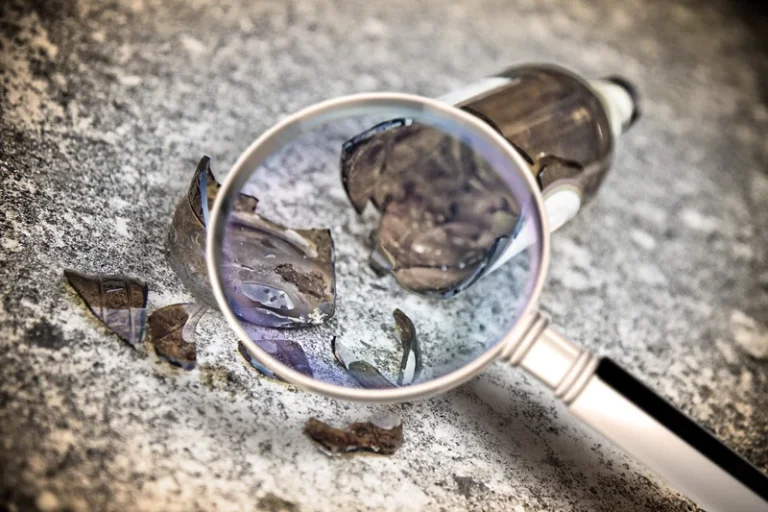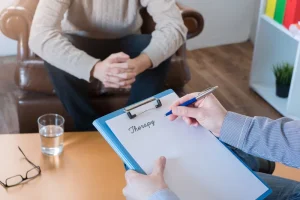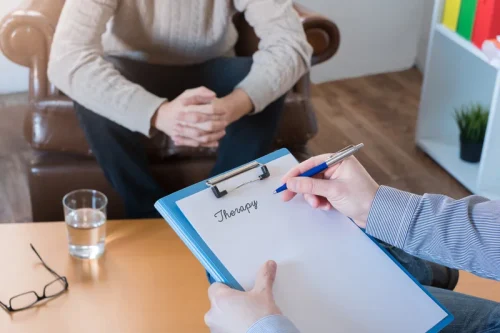
Alcohol-induced anxiety can last for several hours, or even after a whole day after drinking. “Hangxiety” describes the regret, worry, and levels of anxiety felt after a night of heavy drinking. While the term may be informal, the science isn’t—there’s plenty of data to explain this experience. Your best bet to avoid hangxiety is to drink responsibly, says Dr. Trahan.
Additional file 6. S6 Appendix. High-income countries analysis for anxiety and spirits from Panel Granger causality

Individuals who use alcohol to cope with stress, social anxiety, or other mental health issues are at higher risk. Social environments that encourage frequent or excessive drinking, such as parties or gatherings, also contribute to the disorder’s development. Fourth, it offers empirical can alcohol cause anxiety for days data to support targeted initiatives and policies that attempt to control alcohol use and treat mental health concerns for legislators and healthcare providers.
- Anxiety about wine, anxiety about beer, and anxiety about spirit were all subjected to this analytical procedure separately for each pair, with different outcomes for each interaction.
- Remember, anxiety can not only be caused by concerns about your behaviour whilst under the influence of alcohol the previous evening – it can also solely be the result of this chemical process.
- This is possibly because of the effects of alcohol abuse, which can actually change brain activity.
- Call American Addiction Centers (AAC) at , and speak to one of our compassionate and knowledgeable admissions navigators, who can answer your questions and explain your options.
- Not knowing what occurred during the blackout period can be anxiety-inducing, even leading to alcohol paranoia.
Treatments
Alcohol-induced anxiety disorder often begins with occasional anxiety after drinking, which can worsen over time with continued alcohol use. In some cases, individuals may develop panic attacks or chronic anxiety, even when not drinking. The disorder can become more severe if alcohol dependence or alcohol use disorder (AUD) is present. Anxiety may persist for hours, days, or even weeks after the last drink, particularly during withdrawal. Many individuals with panic disorders or various other forms of anxiety disorders may attempt to self-medicate with alcohol in the hope that it’ll reduce their anxiety levels.
Risk Factors for Developing Alcohol-Induced Anxiety Disorder
Paroxetine is another SSRI used to treat anxiety disorders, including alcohol-induced anxiety. You might avoid alcohol altogether if it worsens anxiety or depression symptoms. Don’t have more than one or two drinks in one night, for women and men, respectively. Try drinking water or a club soda with lime between each cocktail to avoid dehydration and reduce mindless alcohol consumption. Research has found that some people have “hangxiety,” or anxiety after drinking alcohol. A blinding headache, nausea, and fatigue are the classic signs of a hangover.
Binge Drinking Guide: What is it?, Effects and How to…

You can get rid of hangxiety with rehydration, rest, and pain relievers. Practice self-compassion and relaxation techniques to relieve embarrassment, shame, or regret. Remember to limit yourself to one to two drinks per day and pace yourself by drinking water between each drink. For example, you can add mineral water and a splash of juice to white wine to make a wine Halfway house spritzer.